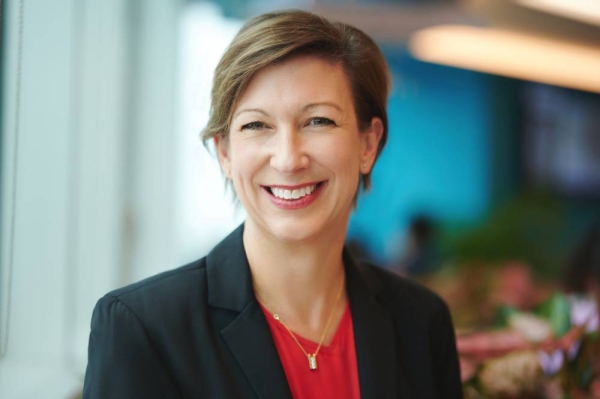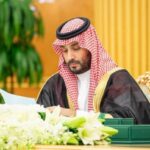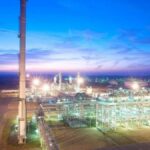By Renee McGowan
The World Economic Forum’s (WEF) special meeting in Riyadh this week provided a fresh perspective on some of the world’s major development issues and growth opportunities.
As host nation, the Kingdom of Saudi Arabia injected ambition and optimism into the discussions, which helped to balance the caution and concern around geopolitical crises, climate change and deglobalization issues that we all currently face.
This sense of caution and concern had already been captured in the Global Risks Report, which was launched at the WEF in Davos in January.
That report, produced in partnership with Zurich Insurance Group and Marsh McLennan, surveyed more than 1,400 global experts and leaders to provide an insight into the concerns that kept decision-makers awake at night, as part of WEF’s efforts to improve risk preparedness and resilience.
The results showed a predominantly negative outlook, with 30% of global experts expecting an elevated chance of global catastrophes in the next two years and nearly two thirds expecting this in the next 10 years.
Much as they did during the talks in Riyadh, GCC nations like Saudi Arabia and the UAE emerged as more optimistic than their peers in Europe and America in the report.
With economic diversification, investment and the positive stance of governments in the region, these countries are distinguishing themselves with a ‘can-do’ attitude in the face of global challenges.
Many of the key international initiatives of the moment are being led with innovation and investment from the Middle East.
Take the conversations around energy security and climate policy. Globally, the transition between fossil fuels and renewables is incredibly complex and often slow moving, given the limitations of current infrastructure.
In 2023, we established the Marsh McLennan Climate & Sustainability practice to help clients develop strategies and risk management solutions in this area, and we know from experience how challenged some of the largest businesses in the world are by these issues.
However, speakers from the Kingdom made it clear how much progress has been made in recent years.
Saudi Arabia’s pledge to generate 50 percent of its electricity from renewable energy sources by 2030 has helped set the pace for the world, supported by a clear focus on energy security, accessibility, and affordability.
It’s possible also to make a link between the positive tone set by Saudi Arabian representatives in Riyadh, and the progress the Kingdom has made in engaging women in the workplace in recent years.
By embracing initiatives that promote gender equality and inclusion, the Kingdom has demonstrated its commitment to harnessing the full potential of its population and driving sustainable development.
As a business leader, I have always seen diversity, equity, and inclusion as a means to propel growth in organizations; by enabling individuals to maximize their potential and contribution, the organization can only benefit.
Studies continue to show that inclusive leadership, including gender diversity, improves decision-making by incorporating more diverse perspectives and fostering more ethical governance.
Of course, alongside the optimism, we must remain careful of the risks and challenges that were flagged at the WEF in Riyadh.
Geopolitical tensions, economic uncertainty, and logistical complexities demand careful consideration and robust risk management strategies.
However, by approaching these challenges with a spirit of inclusivity and a commitment to dialogue and collaboration, we can navigate the risks while seizing the opportunities for positive growth and development.
— Chief Executive Officer, Marsh McLennan India, Middle East & Africa
Read the full article here
















